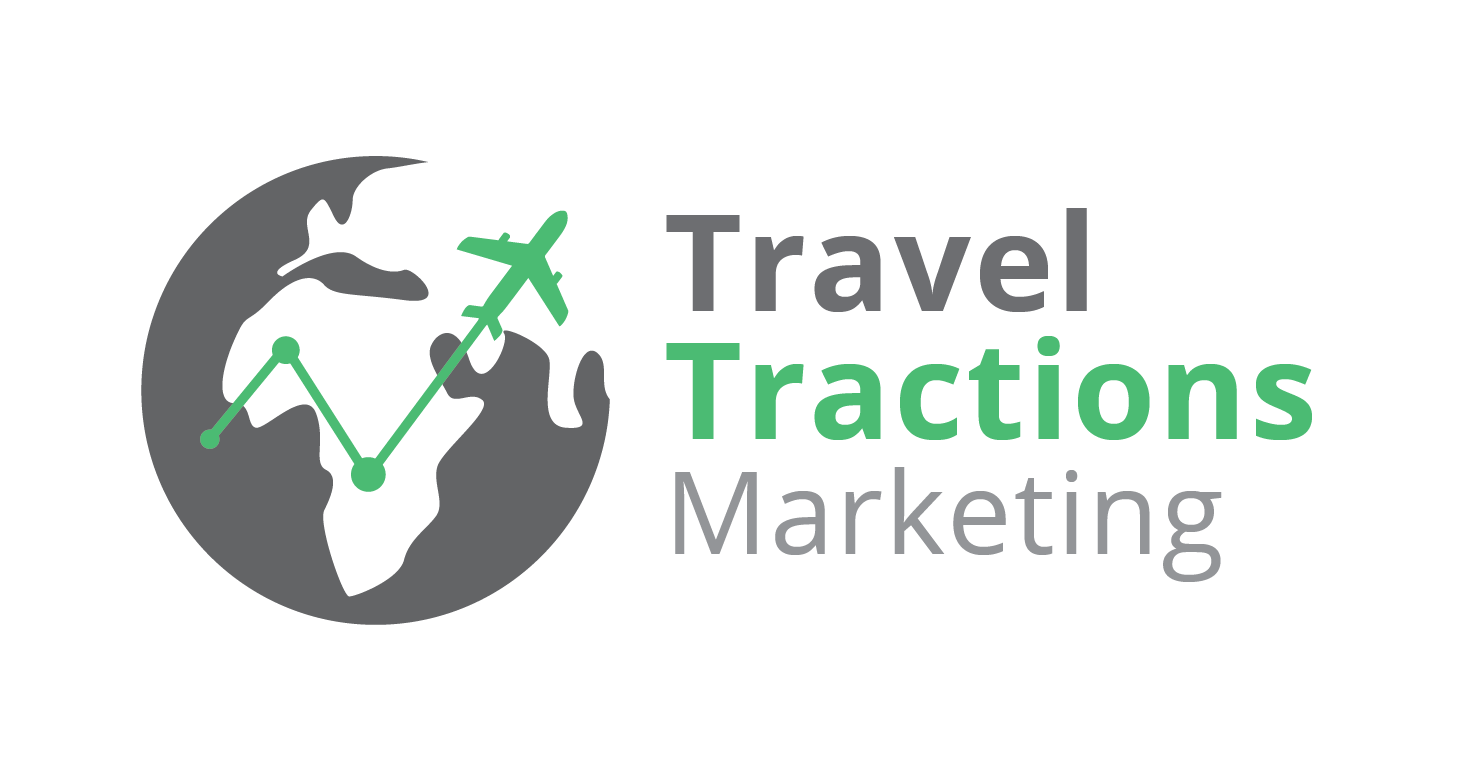How Travel Tractions Can Help With Local SEO for Hotels
Of course, if you have read the thousands and thousands of articles out there, each saying a different thing about what the “right” approach is or how you can find SEO success, it can be difficult to actually do what’s right. After all, what’s right for others isn’t necessarily what’s right for your hotel — which is why having professionals on your side is important.
Travel Tractions, with years of SEO experience, can offer digital marketing services tailored specifically for your hotel. From optimizing the site with on-page, off-page, and technical SEO and doing local SEO to formulating sound content strategies and creating powerful SEO content, we do it all to try and help you get more bookings.









